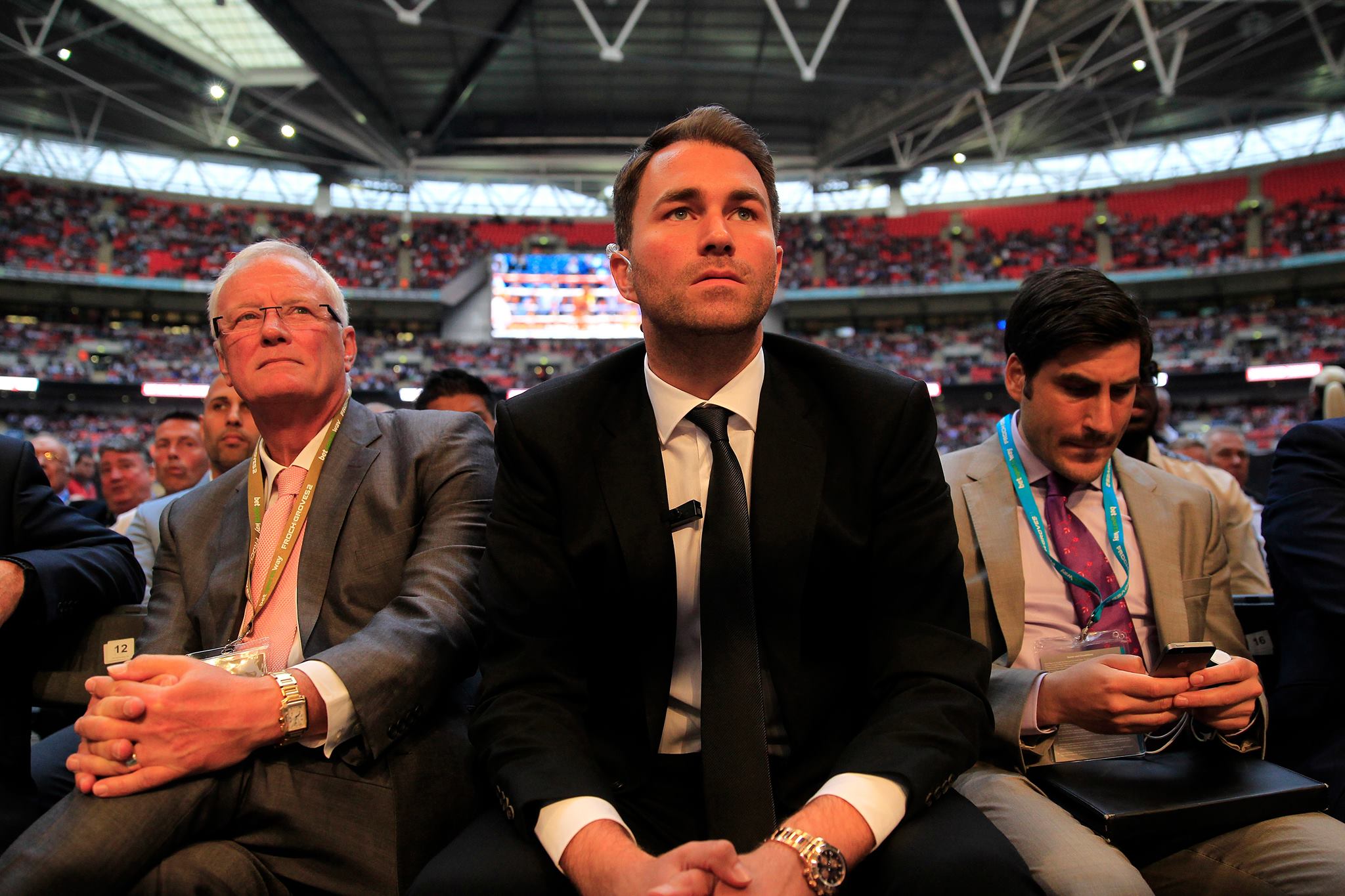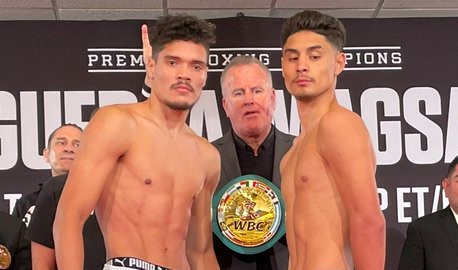It’s important to drink enough water when you’re exercising. Your body is about 65% water, and that water is important. It is found in your cells, between your cells, in your organs and in your bloodstream. Your body cannot function without enough water. One important function of water is regulation of body temperature. When you need to get rid of excess heat, you sweat. As your sweat evaporates, it cools your body and keeps your temperature from rising.
We get water from the food we eat and fluids we drink; it enters our bodies through our mouths (unless you have an intravenous fluid line in place and get fluids through that). We get rid of water mostly in urine, sweat and the water vapor we breathe out. We can lose water through the gastrointestinal tract, too (vomiting or watery diarrhea).
When we exercise, we lose more water than normal; we lose it by sweating and by breathing faster, which causes to lose more water vapor. And that’s why it’s important to drink plenty of water when you are exercising. You need to replace the water you lose so that you can continue to maintain your body temperature and function normally. If you don’t drink enough, you can get dehydrated and can suffer heat exhaustion.
People who run marathons and similar duration events can run into another problem, especially when it’s hot: water intoxication. Water intoxication happens because sweat contains water and salt (or sodium). Our bodies have sodium reserves, so this is not a problem for most people. Marathoners, however, can lose enough sodium to deplete their reserves. Low sodium levels cause fluid to move out of the bloodstream into the muscles (causing cramps), the gastrointestinal system (causing nausea and vomiting), the brain (causing brain swelling with confusion, agitation, seizures, coma and even death) and other organs. The problem is compounded if they are drinking plenty of water—plain water—to replace what they lose by sweating. The extra water dilutes your body fluids, decreasing the sodium concentration even more.
People are just beginning to be aware of the possible of water intoxication in endurance exercisers, and they are developing recommendations to prevent it. Those recommendations include:
• Avoiding overhydration by slightly decreasing water consumption. The current recommendation is to drink no more than about a quart an hour while exercising. Athletes should continue to hydrate themselves before a race.
• Use thirst as a guide for the need for hydration. Previously, athletes were advised to prevent thirst; now the recommendation is to drink in response to thirst.
• Eat salty foods for a day or two before an endurance activity and have a salty snack just before the activity.
• Replace fluids with electrolyte-containing sports drinks, not plain water.
• Avoid taking aspirin, acetaminophen, non-steroidal anti-inflammatory medications or pain medications for several days before an event; they may make water intoxication worse.
• Discuss your prescription medications with a sports medicine physician; some medications make water intoxication worse.
Most people don’t have to worry about drinking too much water. If you are an endurance athlete, however, check with your physician or trainer to see what current recommendations are.


















